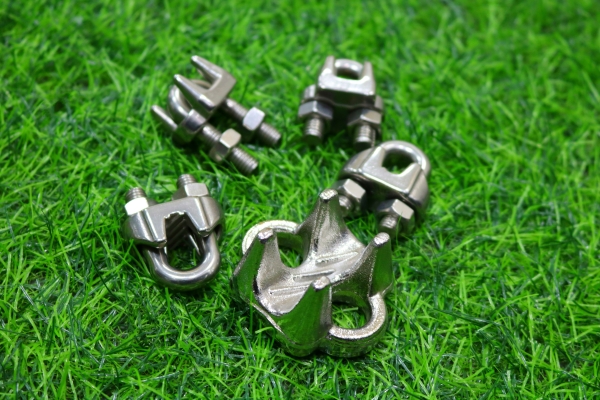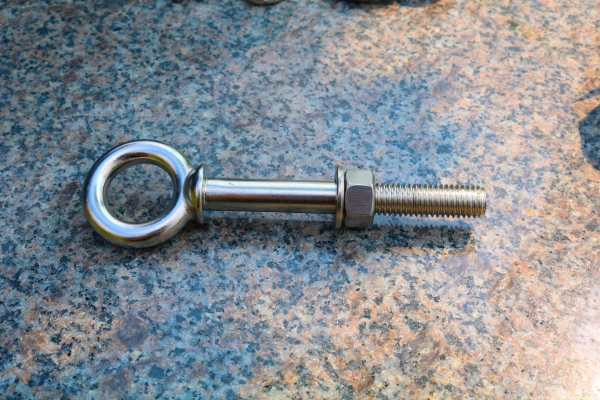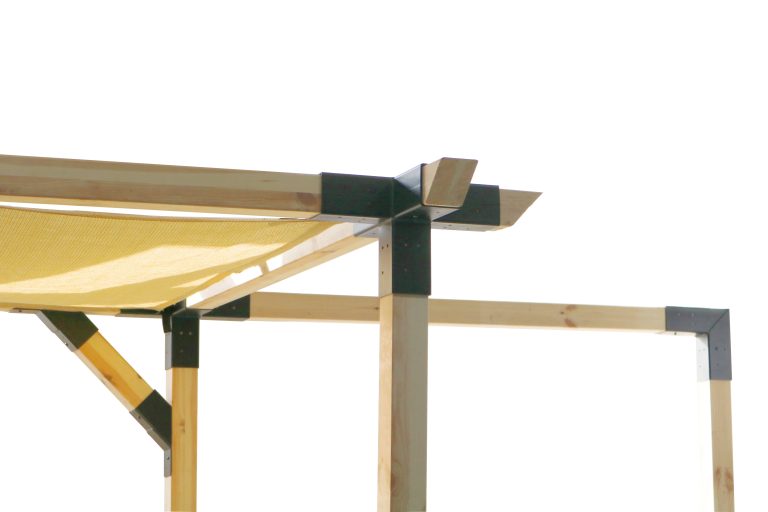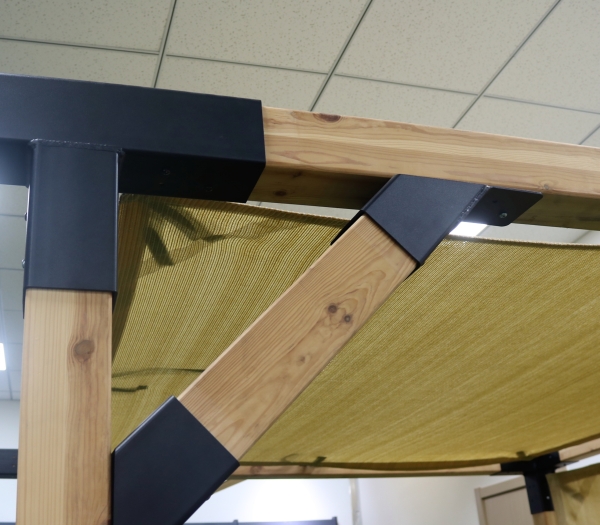Table of Contents
Methods for Preventing Rust on Stainless Steel Bolts
Stainless steel bolts are commonly used in various industries due to their durability and resistance to corrosion. However, despite their name, stainless steel bolts can still rust under certain conditions. Rust on stainless steel bolts can compromise their structural integrity and lead to potential safety hazards. Therefore, it is essential to take preventive measures to protect stainless steel bolts from rusting.
One of the primary reasons why stainless steel bolts may rust is exposure to moisture and oxygen. When stainless steel bolts are exposed to these elements, a chemical reaction occurs that forms iron oxide, commonly known as rust. To prevent this from happening, it is crucial to keep stainless steel bolts dry and free from moisture. This can be achieved by storing the bolts in a dry environment and using appropriate sealing methods to protect them from water and humidity.
Another factor that can contribute to rust on stainless steel bolts is exposure to harsh chemicals or corrosive substances. These substances can accelerate the corrosion process and lead to rust formation on the bolts. To prevent this, it is important to avoid exposing stainless steel bolts to chemicals that can cause corrosion. Additionally, regular cleaning and maintenance of the bolts can help remove any residue or contaminants that may promote rust formation.
One effective method for preventing rust on stainless steel bolts is the use of protective coatings. There are various types of coatings available that can provide a barrier between the bolts and the environment, preventing moisture and oxygen from coming into contact with the metal surface. Some common coatings used for stainless steel bolts include zinc plating, epoxy coatings, and powder coatings. These coatings not only protect the bolts from rust but also enhance their appearance and prolong their lifespan.

In addition to protective coatings, another method for preventing rust on stainless steel bolts is passivation. Passivation is a chemical process that removes free iron from the surface of stainless steel, creating a passive layer that protects the metal from corrosion. This process involves cleaning the bolts thoroughly and then immersing them in a passivating solution to promote the formation of the protective oxide layer. Passivation is an effective way to enhance the corrosion resistance of stainless steel bolts and prevent rust formation.
Regular inspection and maintenance of stainless steel bolts are also essential for preventing rust. By regularly checking the bolts for signs of corrosion or damage, any issues can be addressed promptly before they escalate. Cleaning the bolts regularly with mild detergent and water can help remove any dirt or contaminants that may promote rust formation. Additionally, applying a light coat of oil or lubricant to the bolts can help protect them from moisture and corrosion.
In conclusion, while stainless steel bolts are known for their resistance to corrosion, they can still rust under certain conditions. To prevent rust on stainless steel bolts, it is important to keep them dry, avoid exposure to harsh chemicals, use protective coatings, passivate the bolts, and conduct regular maintenance. By following these methods, stainless steel bolts can maintain their integrity and functionality, ensuring their longevity and reliability in various applications.
Benefits of Using Stainless Steel Bolts in Rust-Prone Environments
Stainless steel bolts are a popular choice for many applications due to their corrosion resistance properties. In rust-prone environments, where exposure to moisture and other corrosive elements is common, stainless steel bolts offer a reliable and durable solution. Unlike other materials such as carbon steel, which are prone to rusting when exposed to moisture, stainless steel bolts are able to withstand these conditions without deteriorating.
One of the key benefits of using stainless steel bolts in rust-prone environments is their ability to resist corrosion. Stainless steel is an alloy made up of iron, chromium, nickel, and other elements, which gives it its corrosion-resistant properties. The chromium in stainless steel forms a protective oxide layer on the surface of the material, which acts as a barrier against corrosive elements. This oxide layer is self-healing, meaning that if it is scratched or damaged, it will reform and continue to protect the material from corrosion.
In addition to their corrosion resistance, stainless steel bolts are also known for their strength and durability. Stainless steel is a strong material that is able to withstand high levels of stress and tension without breaking or deforming. This makes stainless steel bolts ideal for applications where high levels of force or pressure are present, such as in construction or engineering projects. The durability of stainless steel bolts also means that they have a long lifespan, reducing the need for frequent replacements and maintenance.
Another benefit of using stainless steel bolts in rust-prone environments is their aesthetic appeal. Stainless steel has a sleek and modern look that can enhance the appearance of any project or structure. The shiny surface of stainless steel bolts can add a touch of sophistication and elegance to a design, making them a popular choice for architectural and decorative applications. Additionally, stainless steel bolts are available in a variety of finishes and grades, allowing for customization to suit specific aesthetic preferences.
Stainless steel bolts are also easy to clean and maintain, making them a practical choice for applications where hygiene and cleanliness are important. The smooth surface of stainless steel bolts resists dirt and grime buildup, making them easy to wipe clean with a damp cloth. This makes stainless steel bolts ideal for use in food processing facilities, hospitals, and other environments where cleanliness is a priority.
In conclusion, stainless steel bolts offer a range of benefits for use in rust-prone environments. Their corrosion resistance, strength, durability, aesthetic appeal, and ease of maintenance make them a reliable and practical choice for a wide range of applications. Whether used in construction, engineering, architecture, or other industries, stainless steel bolts provide a long-lasting and cost-effective solution for projects that require a high level of performance and reliability.







